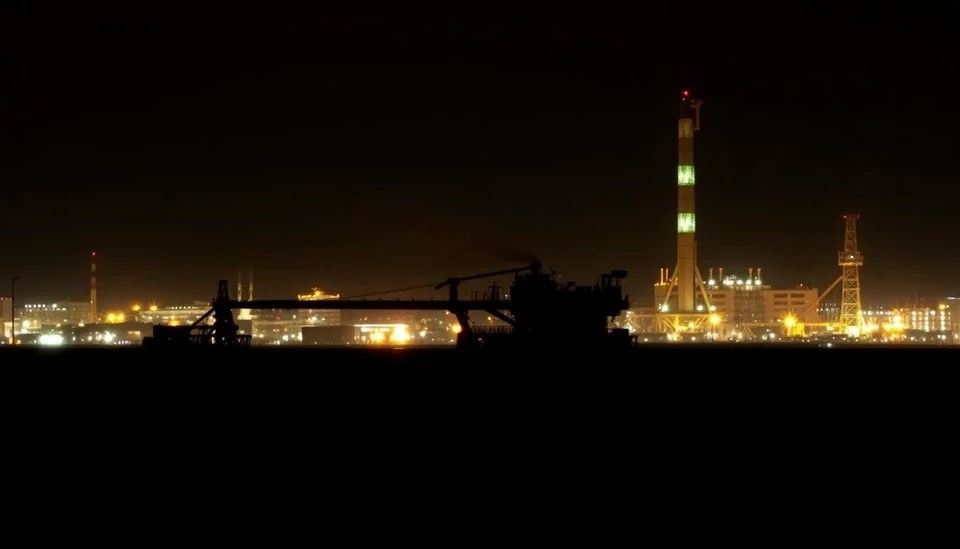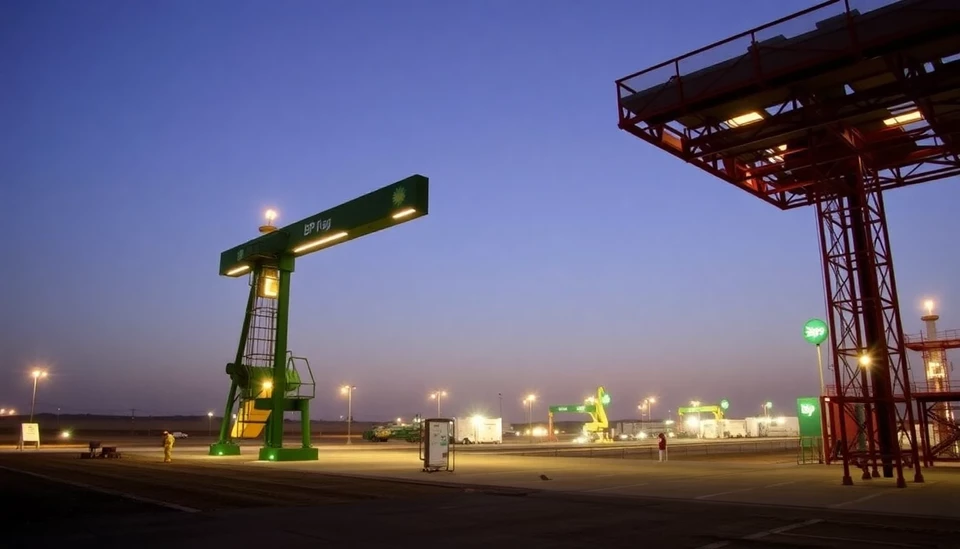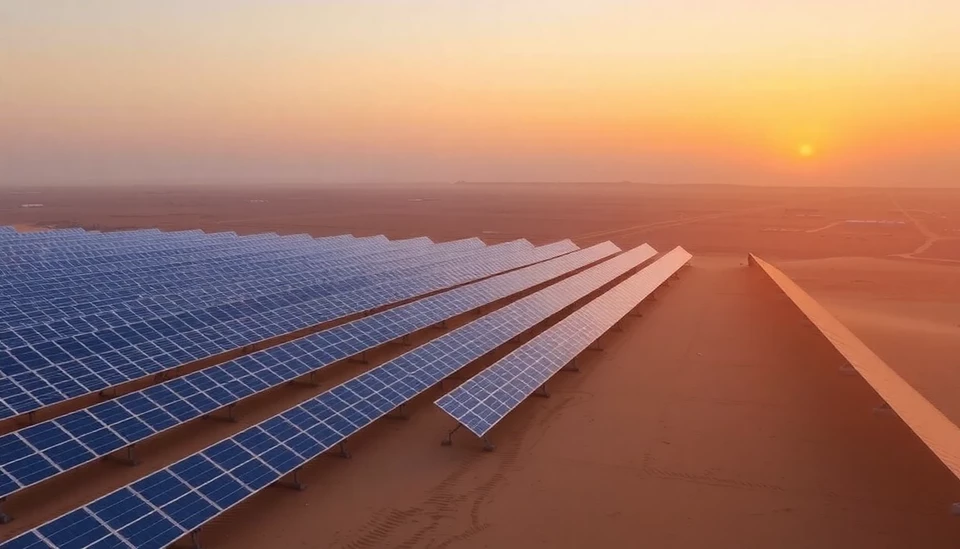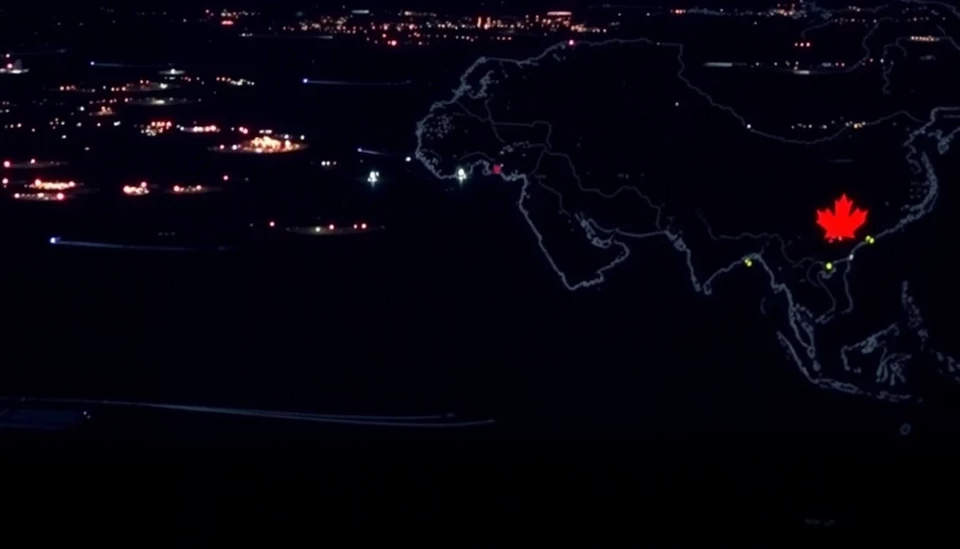
In a significant move aimed at enhancing its energy sector, Iraq is on track to reduce gas flaring from its oil fields to just 20% of current levels by the end of 2024. This ambitious target is part of the country’s ongoing efforts to improve energy efficiency and decrease its dependence on imported fuel. Officials have set this objective as a key part of their energy strategy, signaling a proactive approach toward sustainable practices and economic independence.
Gas flaring, which involves the burning of excess natural gas that cannot be processed or sold, has been a longstanding environmental and economic issue in Iraq, contributing to energy wastage and greenhouse gas emissions. The government’s strategy includes not only cutting down flaring significantly but also increasing the utilization of associated gas extracted during oil production. This shift could potentially supply power, which would mean a drastic reduction in the need for imported gas and fuel that Iraq currently relies on to meet its energy demands.
The initiative comes at a critical time when the demand for energy is soaring, driven by a growing population and a recovering economy. Iraq ranks among the highest countries globally for gas flaring, and reducing this practice has been emphasized by both local and international stakeholders concerned with environmental impact. The government recognizes the financial and environmental implications of flaring, prompting this newfound urgency in energy reforms.
To achieve this groundbreaking change, Iraq is focusing on several strategies, including the development of infrastructure for gas capture and reinjection into the production cycle. This effort involves collaboration with international energy firms that can provide the necessary technology and expertise. In addition, the government is expected to implement regulatory measures that would enforce stricter controls on emissions and encourage companies to invest in sustainable practices.
Officials have expressed optimism regarding the feasibility of these goals, citing a comprehensive evaluation of existing operations and a clear commitment to investing in the required technologies. There is also a public commitment to transparency in monitoring progress toward these goals, which will be essential for building trust and support from both the local communities and international partners.
By following this strategic path, Iraq hopes not only to comply with global environmental standards but also to create a more robust energy framework that could stimulate economic growth and employment in the country. The successful implementation of these plans could serve as a model for other oil-producing nations facing similar challenges.
Overall, Iraq’s plan is seen as a pivotal step towards energy sustainability in the region. As the country navigates its energy transition, the focus on reducing gas flaring marks a critical move towards rationalizing energy use, improving environmental standards, and boosting local economic resilience through enhanced energy security.
As the world moves toward cleaner energy practices, the actions taken by Iraq will draw significant attention, showcasing the delicate balance between resource management and environmental responsibility in a nation rich in natural resources.
#Iraq #GasFlaring #EnergyIndependence #Sustainability #EnvironmentalImpact #OilIndustry #RenewableEnergy #EconomicGrowth
Author: John Harris


